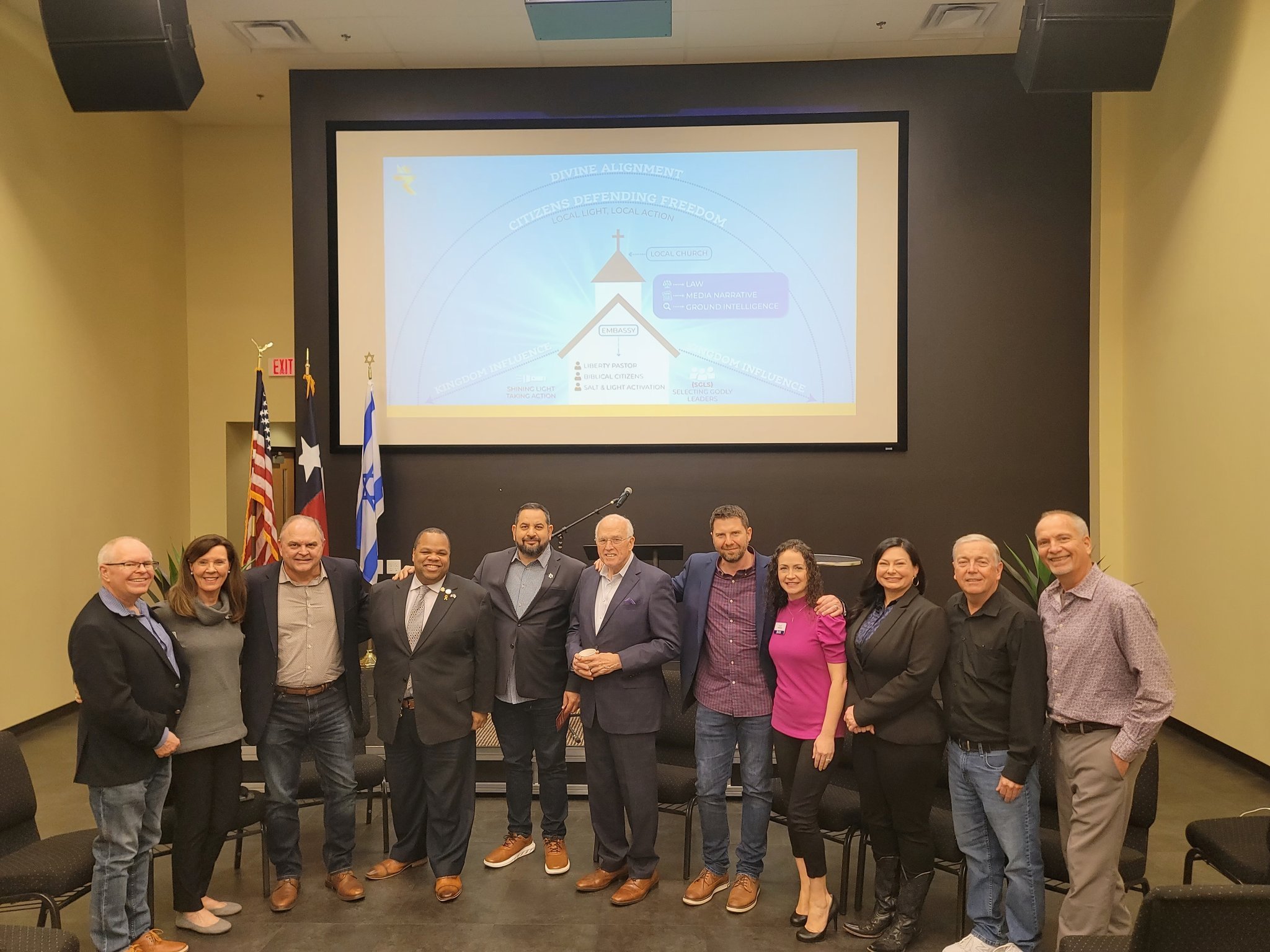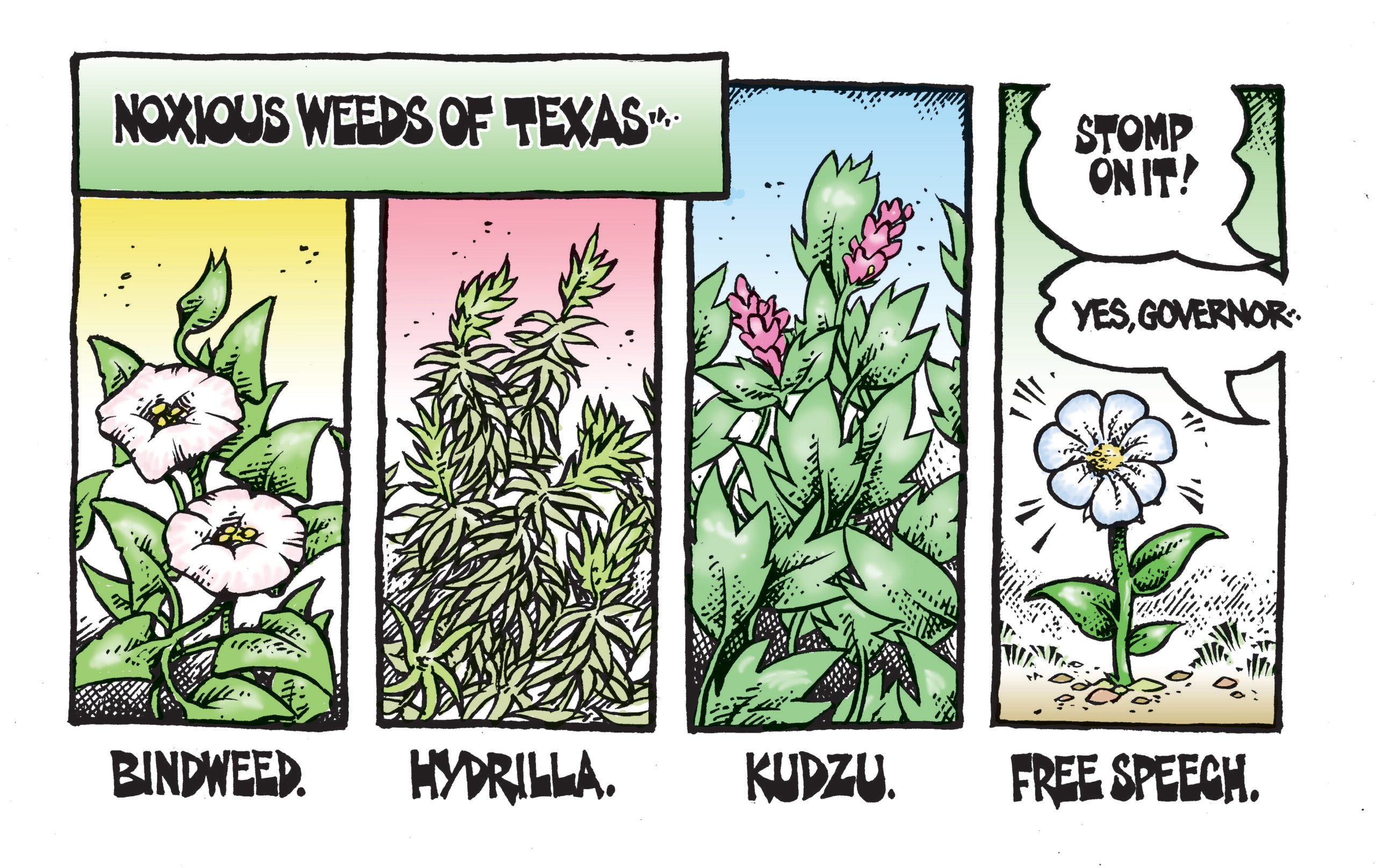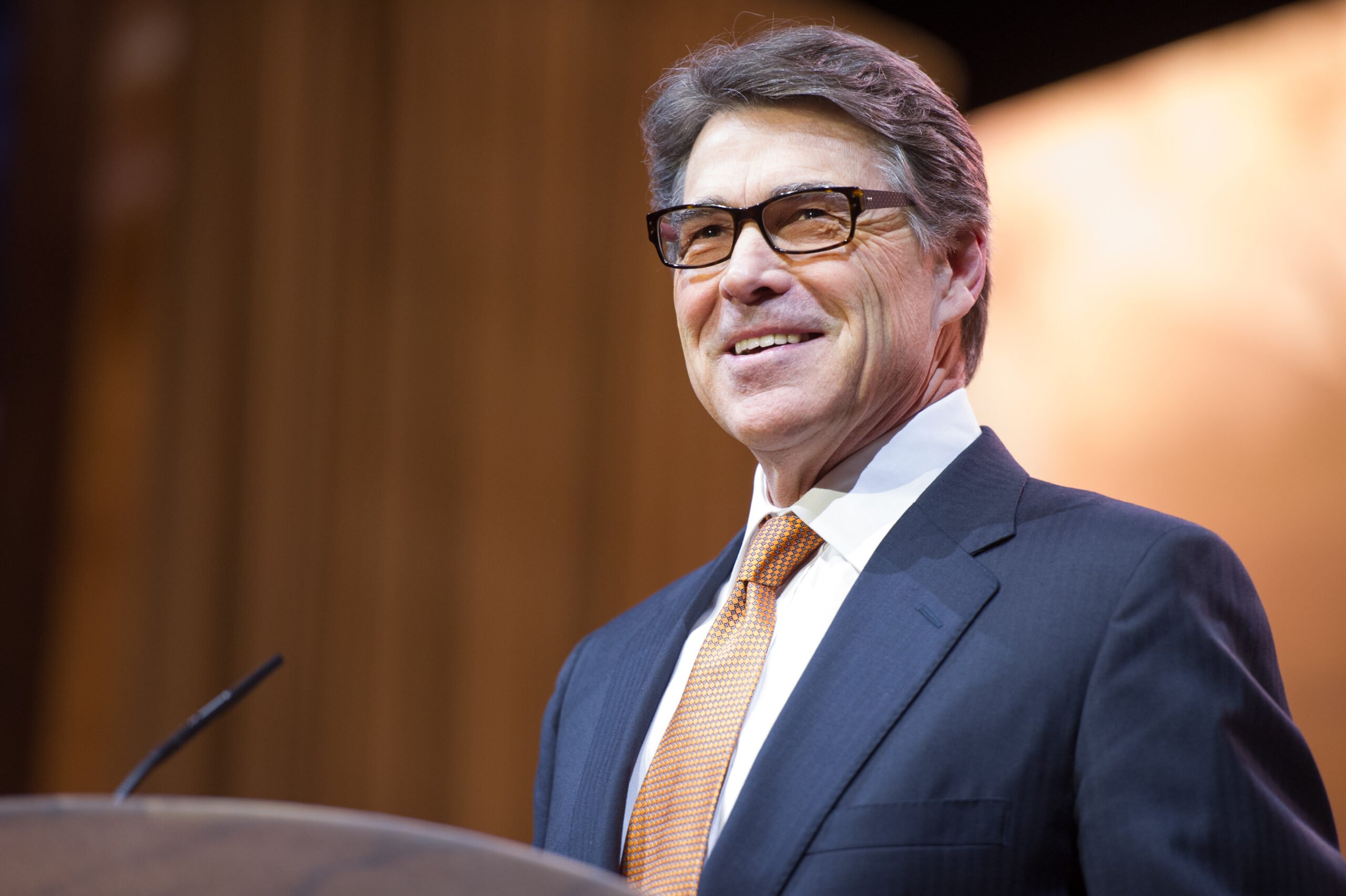ustxtxb_obs_1979_12_28_50_00036-00000_000.pdf
Page 17
If we don’t, who will? If not now, when? By Wayne D. Walther San Antonio Your appeal for ideas on the next 25 years prompts me to make what seems a perennial plea on behalf of the religious establishment to be taken more seriously than it has been. I do this as a professing and professional churchman, so my self-interest is very much at stake. But I make this plea also as a committed democrat and thinking liberal. It has become common understanding in the past 50 or so years that thinking people, particularly thinking liberals, have little or nothing to do with religion, especially religion as evidenced by most e s tablished churches. Sometime, usually when a young person is in college, it becomes the mark of maturity to leave behind religious notions and practices, along with other childish habits and heroes, like Santa Claus and the tooth fairy. Whatever remains of religious sensibility is invested in transcendental meditation, perhaps, or Oriental philosophy. The unfortunate consequence is that educated, liberal people make themselves ignorant of their own religious heritage; they exclude from their own thought and experience the most readily available and useful notions of spirituality. Secular liberals deprive themselves of what could be a useful ally–a powerful alternative ideology to counter the crass materialism of either acquisitive capitalism or doctrinaire socialism. To say that things of the spirit matter is to say that neither gross national product nor “the will of the people” is sufficiently noble an ideal for people to base their lives and values on. To care about things of the spirit is to say “no” to dehumanizing and desacralizing forces of modern life. To champion a life of the spirit is to take seriously the wonder and mystery of our lives and our relationships with others and the world. I would like to see in the next 25 years a re-engagement of the active, thinking, liberal community with the religious community so that the riches of Biblical life can be tapped in confronting the social, economic, and political problems we face. Ultimately, every economic and political decision will be made on the basis of the question of values. We can decide if they will be the values of the market or the values of determinist psychology or the Judeo-Christian values derived from 4,000 years of considering the human condition. Those who would strive for a humane society would be foolish to ignore the concepts of justice, fraternity, and benevolent Providence expressed in the Western religious traditions. Of course, as I challenge liberal thinkers to engage the churches and synagogues, so do I challenge the churches and synagogues and their professional and lay leadership to engage the politicians and thinkers and decision-makers in society. An inwardlooking religion breeds complacency and irrelevance. Only when our preachers give up preaching “peace of mind” and start preaching peace and justice will the pulpits of our land have any claim to integrity and wisdom. Jews and Christians, perhaps even more than secular humanists, have forgotten the depths and riches of our traditions and so have doomed themselves to irrelevance. To those of my friends who claim that they are serious about religious values but don’t want to bother themselves with membership in any particular church or synagogue, I sayhogwash. That’s like claiming that one is deeply committed to the political process but is above sullying his principles by engaging in politics. Political praxis in any meaningful way means getting involved in movements and parties, and often the local precinct organization, while not perhaps the purest ideologically, is the most effective place to begin. So it is with our local synagogues, parishes, and congregations. As often as not these local religious establishments reek of idiocy and irrelevance \(not unlike precinct convenwho will introduce the prophet Amos with his stinging cries for justice to the local board of deacons if not those of us committed to justice and democracy in the political process? Rev. Wayne D. Walther is pastor of Our Savior’s Advent Lutheran Church in San Antonio. The eyes of Texas By Sam Houston Clinton Austin The language of the Constitution of the United States will remain substantially intact. However, the meaning and application of presently protective words and phrases will be changed through construction by the Supreme Court of the United States. For example, the Fourth Amendment prohibition against unreasonable searches and seizures is destined for the dead letter bin; with its demise the right of privacy will be interred. As the busi 36 DECEMBER 28, 1979 ness office is now, the home becomes fair game for electronic eavesdroppingwiretapping and bugging and the surreptitious entry necessary to install the ubiquitous devices. Into a gigantic computer network will be fed data reporting alleged criminal conduct, personal information obtained by governmental agencies, credit investigations, and the likeall ready to be disgorged to any contributor to the mass. For another example, the current tough due process strictures on state action in the Fourteenth Amendment will be weakened in the name of preserving order more than law. In short, society may well quickly approach, but perhaps not completely enter, the realm of Orwellian 1984, and then will remain on whatever plateau is reached for many of the next 25 years. In Texas, though, citizens need not and, depending on the attitude of their state trial judges and appellate courts, may not be stripped of a single constitutional right, privilege, or protection that is afforded by the Constitution of Texas as well as the Constitution of the United States. The citizens of this stateand those in many otherswill have within


